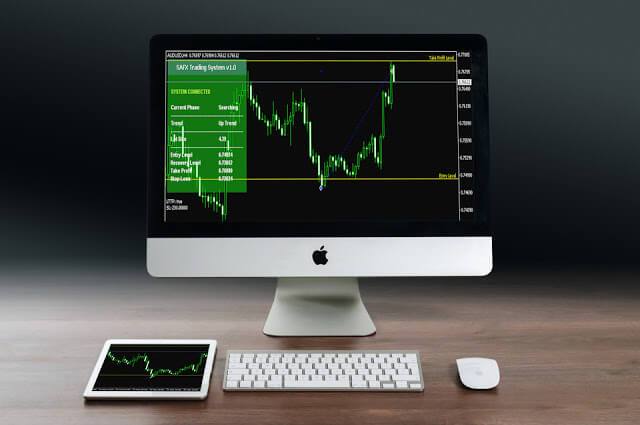When addressing taxes, the initial phase involves grasping the treatment of cryptocurrency mining income. In numerous jurisdictions, such as cryptocurrencies obtained through mining are regarded as taxable income upon receipt. The valuation of mined coins is established by their fair market value at the time of reception, often derived from prevailing exchange rates.
If you successfully mine 1 Bitcoin (BTC) at a time when its market value stands at $50,000, you are required to declare $50,000 as taxable income on your tax filings. This taxable income is subject to standard income tax rates, which fluctuate based on your tax bracket and the regulations of your jurisdiction.
Reporting mined cryptocurrencies
Accurately reporting your mined cryptocurrencies is essential to avoid potential tax liabilities and penalties.
- The date and time of each mining reward
- The fair market value of the asic miner value coins at the time of receipt
- Any associated mining expenses, such as electricity costs and hardware depreciation
You’ll need to report your mining income on your tax return, typically using Form 1040 or its equivalent in your country. If you’re mining as a business, you may need to file additional forms, such as Schedule C (Profit or Loss from Business) or Schedule C-EZ (Net Profit from Business).
Capital gains
To mining income, you may also need to consider capital gains and losses when dealing with mined cryptocurrencies. If you hold onto your mined coins and later sell them at a profit, you’ll need to report the difference between the sale price and the fair market value at the time of mining as a capital gain. The tax treatment of capital gains varies depending on the holding period. If you hold the mined coins for more than one year before selling, you may qualify for lower long-term capital gains tax rates. Conversely, if you sell the coins within a year, the gains will be taxed as short-term capital gains, subject to ordinary income tax rates. It’s important to keep accurate records of your cryptocurrency transactions, including the purchase and sale prices, dates, and any associated fees. These records will be essential when calculating your capital gains and losses for tax purposes.
Hobby vs. Business mining
The tax treatment of your cryptocurrency mining activities may differ depending on whether you’re classified as a hobbyist or a business. Hobbyist miners are subject to different tax rules and may face limitations on their ability to deduct expenses. To be considered a business for tax purposes, your mining activities must be carried out to make a profit, and you must be able to demonstrate continuity and regularity in your operations.
- Substantial time and effort dedicated to mining
- Significant investments in mining hardware and infrastructure
- A clear profit motive and business plan
- Accurate record-keeping and separate financial accounts for mining activities
If you’re classified as a hobbyist miner, you’ll still need to report your mining income, but your ability to deduct expenses may be limited. Consult with a tax professional to determine your appropriate classification and understand the tax implications.












Comments